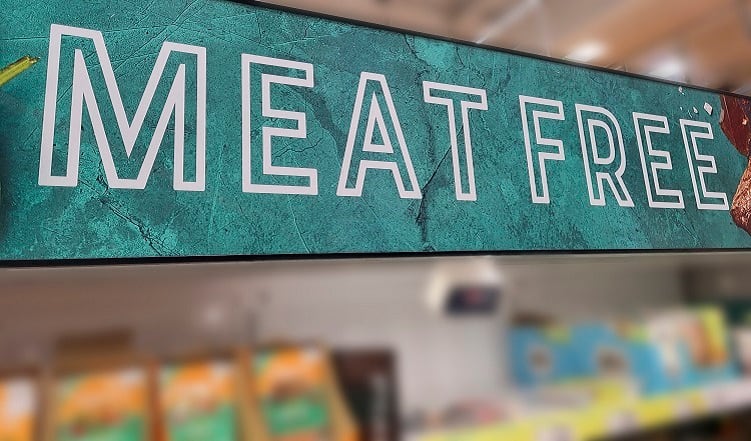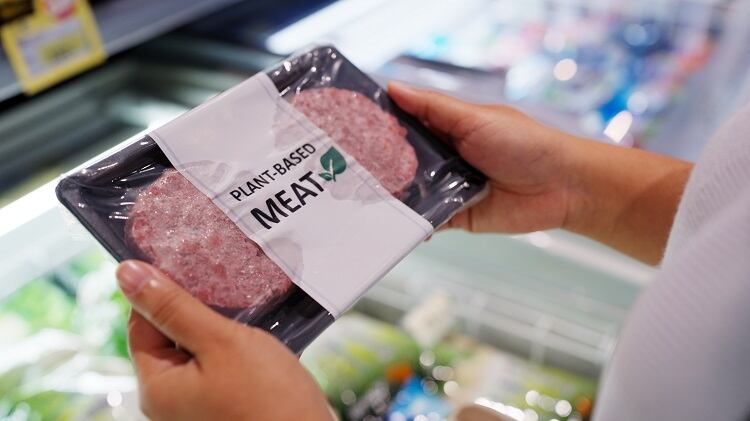Vegan and vegetarian meat alternatives are still a relatively new phenomenon in the West. Even the oldest companies producing them have been around for a significantly shorter period of time than animal agriculture, which stretches back 10,000 years. Thus, consumers still need time to get used to it.
Research from ‘consumer awareness’ organisation ProVeg International revealed that, while consumer trust in plant-based protein is increasing steadily, and they appear to be aware of the benefits, there is still a long way to go before trust levels are high enough for full adoption.
Why do some consumers not trust plant proteins?
Trust in plant proteins is higher than it once was, but there is still a long way to go. ProVeg’s research showed that while 46% of consumers assessed stated that their trust has improved or increased, 39% of consumers still do not trust them.
Trust, according to Elsa Guadarrama, consumer and market research manager at ProVeg International, regards consumers’ ‘knowledge and experience with plant-based alternatives.’ “Trust correlates quite well with increased consumption,” she suggested at the Smart Protein Closing Conference in Berlin last month.
Trust is often linked less to the actual safety of consuming plant proteins, Guadarrama suggested, but instead their supply chain.
Price parity and plant-based meat
Previous research by ProVeg has shown that one of the main barriers for consumer adoption of plant-based meat is cost. Price parity has on occasion been achieved, but in the overall market still remains a long way off.
One of the reasons for this, according to ProVeg CEO Jasmijn de Boo, is because the meat industry receives more subsidies than plant-based foods, giving it an advantage when it comes to costing.
“When looking at the statements related to trust, we see that the bottom two are 'integrity' and 'traceability', with 47% of agreement (still high). In contrast, safety to consume and accuracy in labelling are the top two drivers of 'trust' with 57% and 56% of agreement respectively,” she told FoodNavigator.
This can, she suggested, be remedied. “Traceability and credible certifications will (already are) playing an important role in fostering higher trust in plant-based alternatives.”
Why do consumers trust cultivated meat more than algae proteins?
ProVeg’s research also showed that cultivated meat is considered by consumers the second most trustworthy meat alternative category, following plant-based. This puts it above algae protein, a far more established category, with companies such as Quorn being on the market for decades. Cultivated meat, by contrast, has only very recently become commercially available, and then only in Singapore.
Trust in cultivated meat, suggested Guadarrama, may have something to do with the positive media coverage around it.
Cultivated meat commercialisation
While cultivated meat has been submitted for market approval in a range of places, including the EU and the UK, it has been approved in the US, Singapore and Israel. Of these, it is only Singapore where cultivated meat is commercially available.
There has even been some travel in the opposite direction. For example, Italy recently banned the production of cultivated meat.
“I think this is a good example of the power of the media. There has been so much media coverage around cultured meat and it's also been seen as this next step of meat, so there might be some influence of this positive futuristic approach to it,” she told FoodNavigator.
There has been other research, she told us, showing that those who are most likely to consume cultivated meat are actually males and omnivores.



